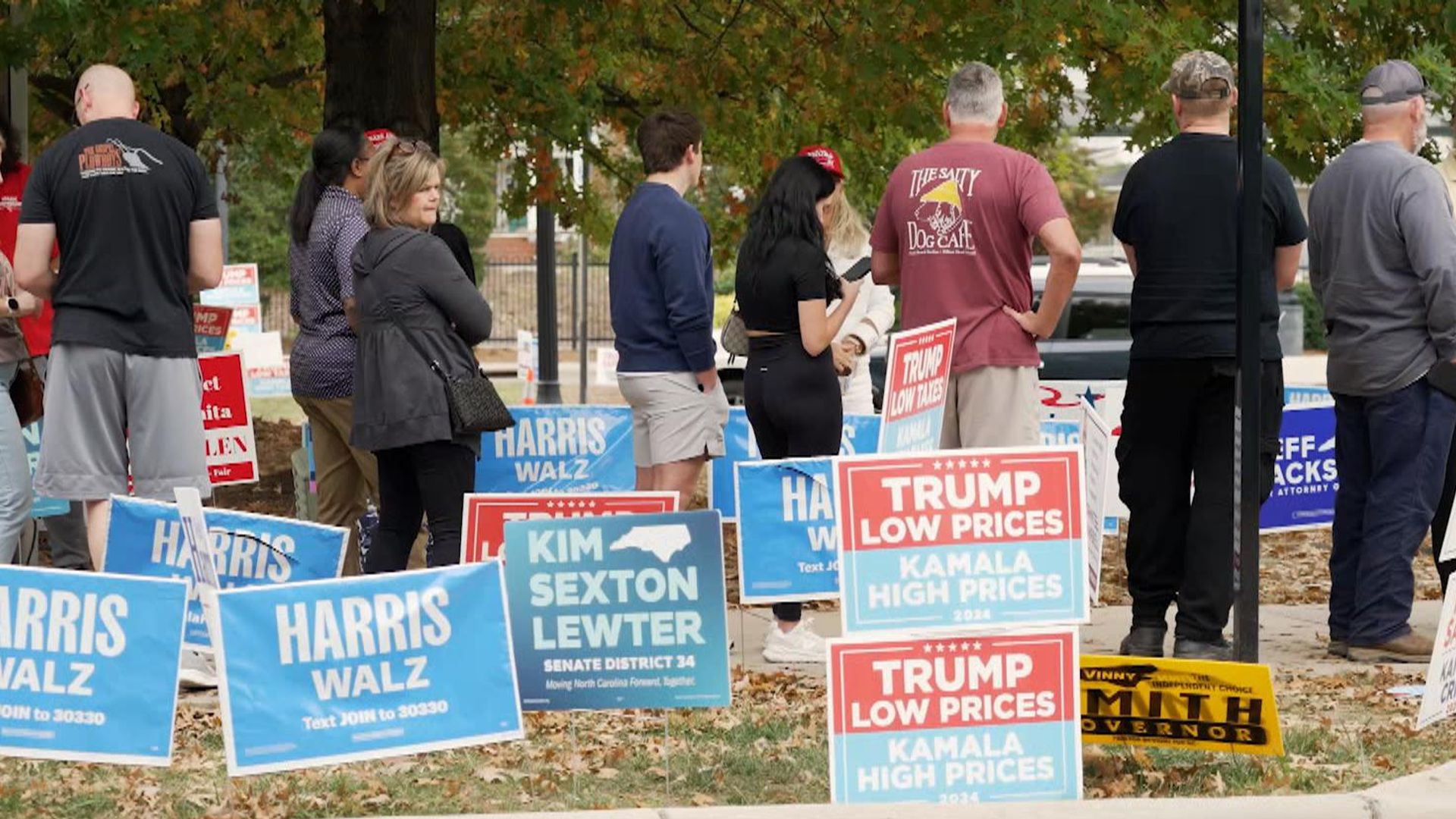
NORWICH, Vermont — Vermont’s lone member of the U.S. House for the past 16 years has always embraced his role as a liberal Democrat but says he’ll take the state’s tradition of working across the political aisle with him if he’s elected to the U.S. Senate next month.
Rep. Peter Welch, who is vying to succeed retiring Democratic Sen. Patrick Leahy, said that if elected to Congress’ upper chamber, he’ll continue to try to find common ground with Republicans despite the current hyperpartisan political climate.
Welch is 75 and his choice to run for Senate has been questioned by some in Vermont who think he would better serve the state by staying in the House and keeping the seniority he’s built up there.
But Welch, who was working at the Capitol during the Jan. 6, 2021, insurrection, said he thinks he can put his experience to better use in the Senate because he believes the foundation of American democracy is at risk.
“We’re not talking about building up seniority so we can do something in 20 years to preserve our democracy,” Welch told The Associated Press recently in his hometown of Norwich. “We’re talking about something we have to get going on in January of 2023. So it’s the urgency and it’s the experience I’ve had in the position to make a big difference right away.”
In one of the most liberal states in the country, Welch is expected to win the election with ease. But even so, once in Washington, he will be expected to follow his party’s leadership despite his well-intentioned promise of bipartisanship, Middlebury College political science professor Matt Dickinson said.
“I think his aspirations for bipartisanship are going to run into this stone-wall of entrenched polarization,” Dickinson said. “So, you know, good intentions can only get you so far.”
If he wins, Welch would join Vermont’s independent senator, Bernie Sanders, in that chamber. It’s also likely that Democrat Becca Balint will win Welch’s House seat, which would make her the first woman elected to Congress from Vermont, which has also never sent someone who isn’t white to Washington.
Since Welch was first elected to the House in 2006, he has been one of Vermont’s top statewide vote-getters, although it has been years since he’s faced a serious election opponent. Welch is known for paying attention to the needs of his constituents, be they Democrats or Republicans.
“I think that people can be confident that his primary drive is to help us all live better lives and connect us to some element of the uplifting piece of the American dream and no matter where you are your life can be enhanced,” George Gay, a Stowe lawyer, said of Welch during a campaign event for Vermont’s Democratic gubernatorial candidate, Brenda Siegel. “He’s passionate about that.”
Welch supporter Dawn Blow, an independent, said the congressman held some phone conferences after the Jan. 6 insurrection that she called into.
“I felt like he understood the fight at this point for democracy,” Blow said at a recent campaign rally in Barre. “And I think he does represent the best of Vermont.”
Welch has spent nearly $2.5 million in this election cycle and still had nearly $2.7 million in the bank as of Sept. 30. His Republican opponent, retired U.S. Army officer and political newcomer Gerald Malloy of Perkinsville has spent about $165,000 during the primary and general election and has about $61,000 in the bank.
Malloy is a traditional conservative who opposes abortion rights and thinks abortion should be up to states to regulate. He also wants to reduce the size of government and the national debt, and crack down on illegal immigration, including building the border wall begun by former President Donald Trump. Unlike some members of his party, Malloy doesn’t contest that President Joe Biden won the 2020 election.
“I think my chances are great,” Malloy said recently while on a campaign stop in St. Albans.
During his years in the House, Welch has worked for energy efficiency, cutting the prices of prescription drugs, and investing in infrastructure. He has served on the House’s Permanent Select Committee on Intelligence, the Committee on Energy and Commerce, and the Committee on Oversight and Reform.
As of this year, Welch served as a chief deputy whip of the House Democratic Caucus and a member of the Democratic Steering and Policy Committee.
But Welch also points to a number of instances in which he has taken stances to promote issues important to Vermonters by working with Republican colleagues, including when he opposed what he felt were onerous federal regulations that restricted entrepreneurs.
He points to his 2014 opposition to plans by the Food and Drug Administration that would have made it harder, if not impossible, for craft brewers to feed spent grain to livestock. In another instance, Welch worked with a group of bipartisan lawmakers to get the FDA to back away from regulations that would have prevented artisan cheesemakers from aging their products on wooden shelves
In 2016, Welch co-founded the House Rural Broadband Caucus with another Democrat and two Republicans to focus on expanding broadband internet service into the nation’s rural, hard-to-reach areas that are desperate for modern communications systems.
Story by Wilson Ring. Associated Press writer Lisa Rathke contributed to this report.









